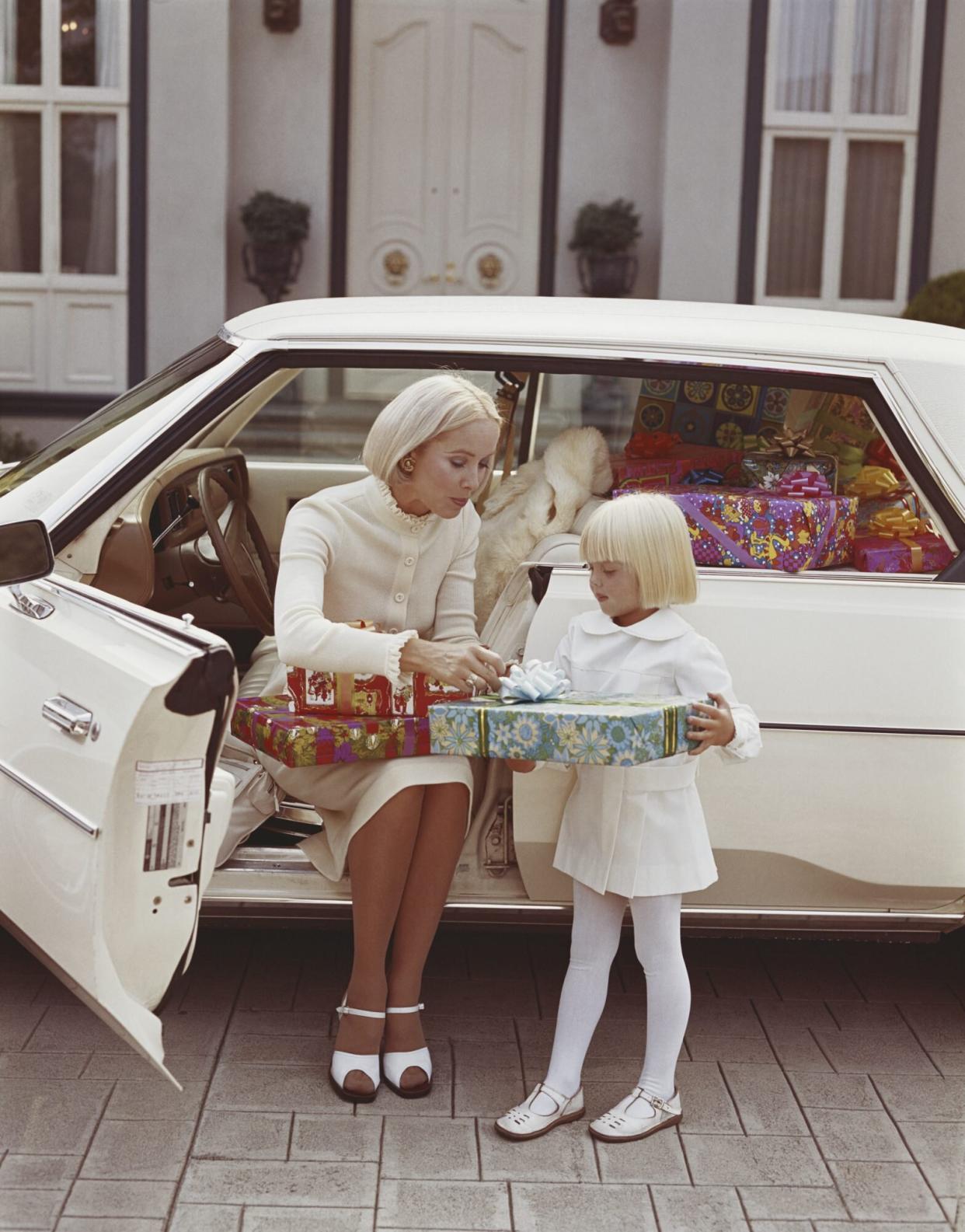What Is the Best Way to Ask If Someone Received a Gift?

Tom Kelley Archive
We all know people are supposed to send thank-you notes. But sometimes, you send a gift to newlyweds, ship a baby present to your cousin, or mail a little housewarming happy to a friend, and you never receive any sort of acknowledgement. You don't want to be the thank-you note police or embarrass the recipient (chances are, their mamas taught them to send thank-you notes too), but you do want to make sure the gift arrived. So what's the best way to ask if someone received a gift? We turned to a couple of Southern etiquette experts for advice on how to handle the delicate conversation.
For starters, they say it's not rude to ask if someone has received your gift. "It's perfectly fine, albeit a bit uncomfortable, to ask [about the gift] if you have not heard from someone and wondering if your gift may have been lost," says Diane Gottsman, international etiquette expert, author, and founder of the Protocol School of Texas (@dianegottsman). "Feel free to politely reach out. However, be aware that you also run the risk of offending someone if you do it the wrong way."
It's all about the timing of the conversation, says Rachelle Logan, founder of North Carolina-based R U Ready School of Etiquette and Media Training (ruready.net). If it's a birthday present or small surcie, give the recipient a couple of weeks to acknowledge the gift. Show others, like newlyweds or new parents, a bit more grace on the timeline, and wait a few months before reaching out. "If it's a wedding gift, the couple may be leaving and going on a honeymoon [and won't respond right away]," she says. "If it's for a baby shower, they may be preparing for the baby so it could be a couple of months [before you hear anything]."
Your relationship with the recipient may also dictate how you choose to handle the situation, notes Logan. "If it's someone who's close to you, you can simply say, 'Hey, did you get my package? Just checking up,'" she says. For those people you aren't as close to, it's better to avoid an embarrassing in-person confrontation and stick to email or text, says Gottsman. "This is the one time where a difficult conversation may be better at a distance, without putting someone directly on the spot," she says. "For example, you can say, 'Hi Andrea, how are you? I'm following up to make sure you received the air fryer we sent you. It's my hope you are enjoying some fabulous new recipes, however, I'm a little worried that our gift may not have been sent to the right address. We've had a few other delivery mishaps, so I'm checking up.'"
It's also one time when a little white lie can be incredibly helpful, acknowledges Gottsman. "Yes, there is some spinning of the truth involved in that statement [about delivery mishaps], but the intention is to take the pressure off of the person and not make them feel as if you are chastising them," she says. Logan agrees, noting that it's important to focus the conversation on your own shortcomings, rather than the recipient's. "You could say, 'Oh, I'm a worrywart. Anytime I send anything in the mail I'm afraid it's going to get lost, so I'm just doing a follow up to see if my gift made it to your address."
Of course, you shouldn't assume the worst of your friends or family either. They might be stressing out on the other end of the gift dilemma: not knowing who to thank. "There is always a possibility that the card got separated from the gift, and the recipients have no idea that you gave them a particular present…" says Gottsman. "You will be doing them a favor by letting them know and solving the mystery."

